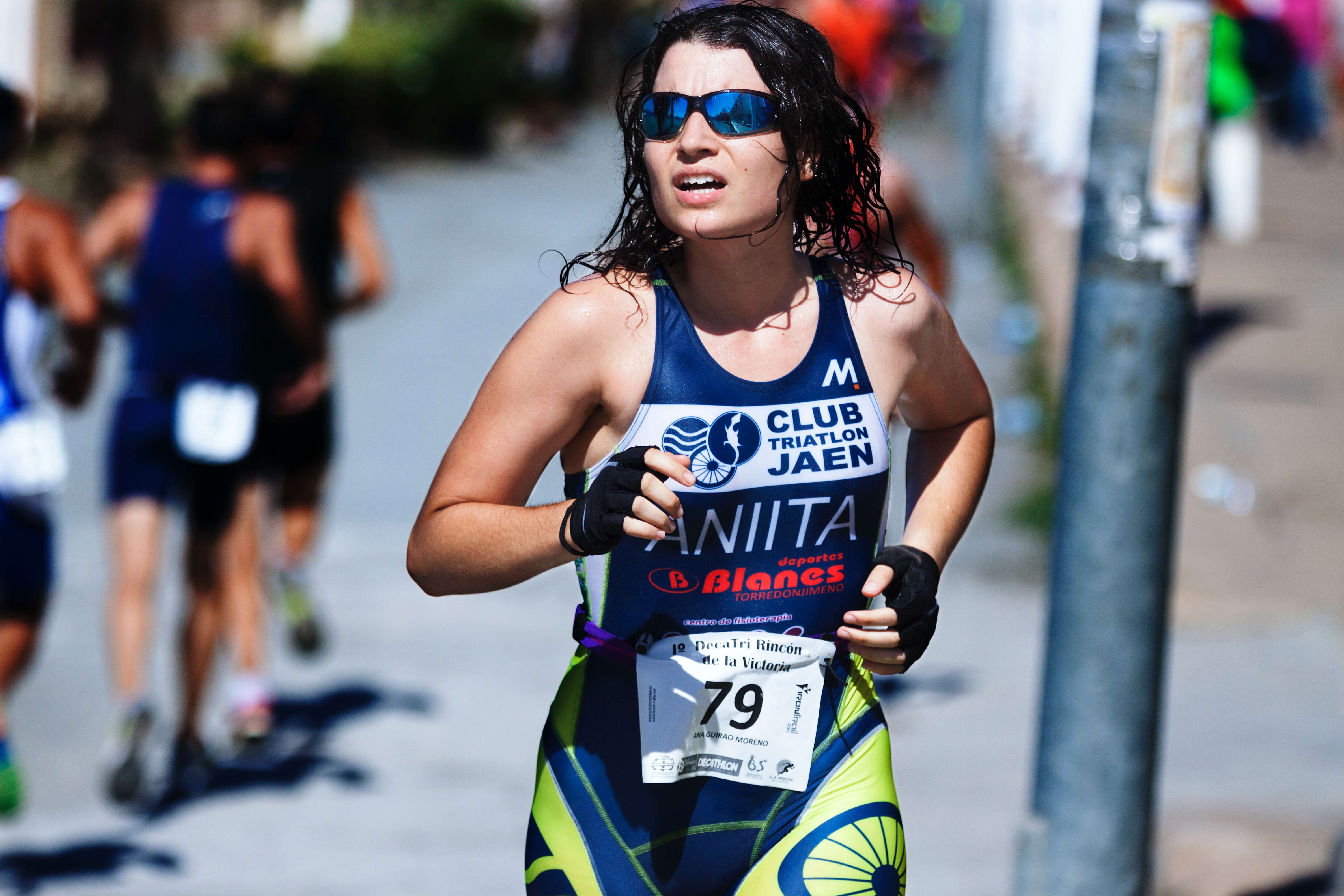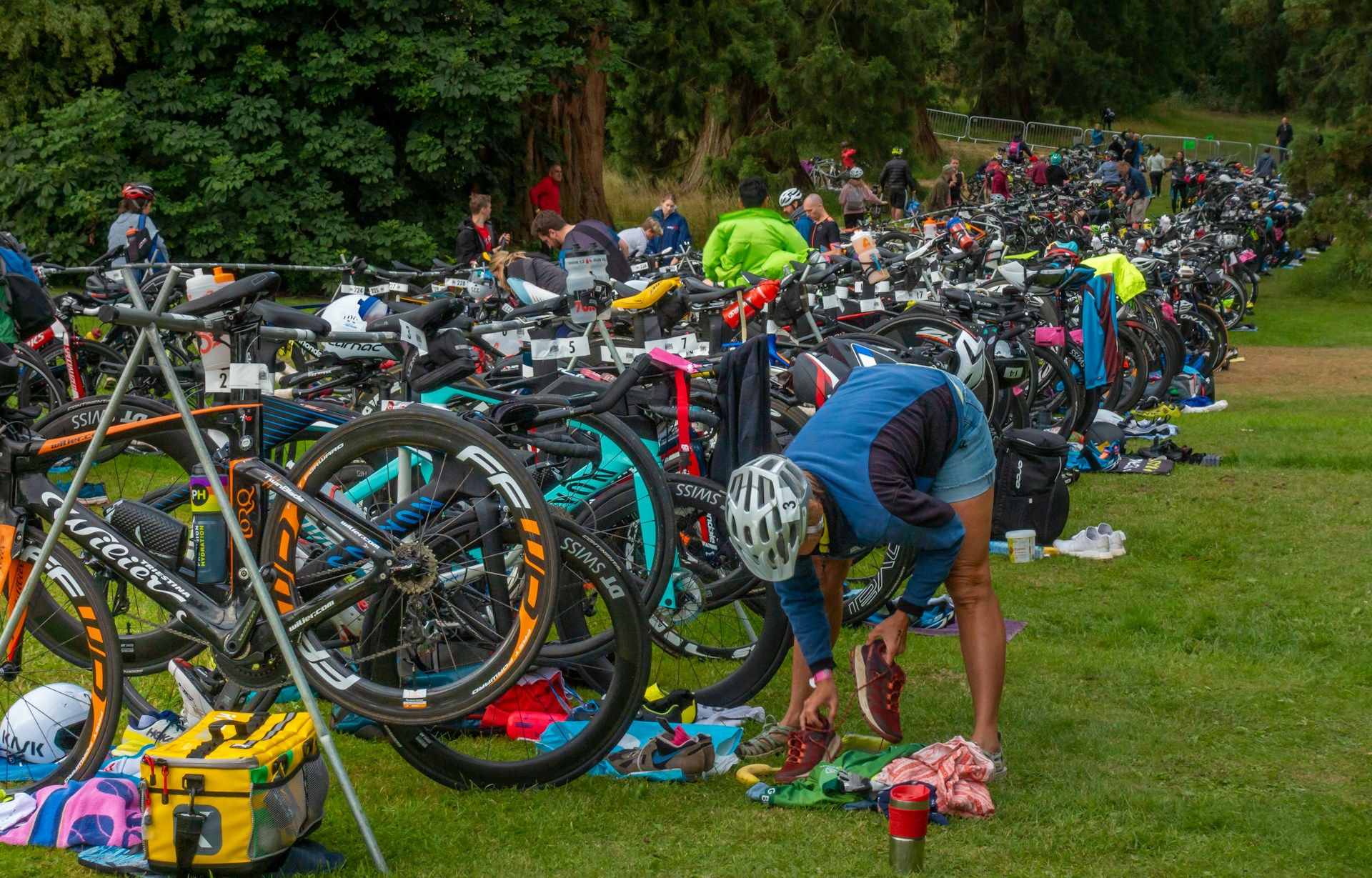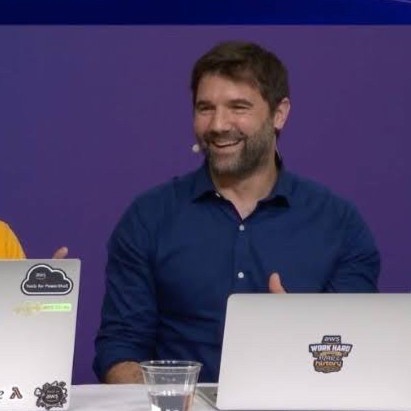beginners
Triathlon age group work life balance

Mario de Elias
Sports Director

Age group triathletes, those who juggle their passion for triathlon with the demands of work and family life, face a unique set of challenges. Finding the right balance between training, career, and personal life is a constant struggle. We will explore the importance of work-life balance for amateur triathletes, the role of a strong support circle, the significance of consistency in training, and the fundamental need to understand one's own body.
Work-Life Balance: A Delicate Equation
For age group triathletes, maintaining a work-life balance zis a must. Just following a basic plan requires substantial time commitment and energy, making it essential to strike a balance between work responsibilities, family time, and training. So, what key aspects should we consider ?
- Time Management: Efficient time management is the cornerstone of achieving balance. Use tools like calendars and scheduling to allocate time for training sessions and work commitments, leaving ample space for family and personal life. I always advise my athletes to be intentional with their training schedule. Block your calendar ahead of time. You are never going to do the the plan as scheduled, or even the whole plan, but as long as you have a plan, you have a good start. You will move things around, for example, today you had a bad night of sleep ? Waking up at 5 is not an option ?, then move it to the lunch break or evening. It is not easy and you need to be FLEXIBLE.
- Communication: Open communication with your family is crucial. Let them know about your training schedule, race plans, and the importance of these endeavors. What it really means for you. This transparency will help manage expectations and gain support.
The Support Circle: A Pillar of Strength
Age group triathletes often rely heavily on their support circle, which includes family, friends, coaches, and training partners. Here's why this network is vital:
- Family Support: Your family plays a crucial role in your journey. They provide motivation, understanding, and flexibility in accommodating your training needs. Their support is invaluable. I cannot stress the fact that you need to be flexible. They will be flexible with you, so you need to return this. For example, never ever miss a kids event because you have training to do. The kids event won't happen again, but you can move or skip your training.
- Coaches and Training Partners: Working with experienced coaches and training partners can keep you motivated, accountable, and provide guidance on optimizing your training plan. Get together with that local group. Go on Strava and find a cycling or running group. There are more crazy people like you out there.
Consistency is your BFF
Consistency in training is a fundamental principle for all triathletes, especially age groupers. I like to say more than consistency.. discipline. Here's why it's so important to me:
- Progress: Consistency over time leads to small increments in fitness and performance. Skipping sessions or inconsistent training can screw up your progress. Now, we are talking about skipping 7 days in a row. If you have to move or skip 1 session because your wife wants you to help around the house, or your husband is asking you for help on the backyard.. the world won't fall apart.
- Injury Prevention: Consistent training allows your body to adapt and become more resilient, reducing the risk of injury. A typical example is the heat adaptation. Your race is in North Carolina, in August where humidity is 10000% and feels like 120F in the shade.. You might want to have a few consistent sessions in some similar weather... Be smart about it.
Understanding Your Body
Age group triathletes must pay close attention to their bodies to avoid overtraining, injury, or burnout. Here's how to do it:
- Listen to Your Body: Pay attention to fatigue, soreness, and any signs of overtraining. Adapt your training plan to give your body the rest it needs. Is your training plan not helping ? are you skipping more than you are actually doing ? mmmm then your plan might not help and you need to switch.
- Recovery: Prioritize recovery techniques like adequate sleep, proper nutrition, and stretching to ensure your body can handle the physical demands of triathlon training. I'm my experience it all come down to sleep quality, nutrition quality and your social environment. If that is not in balance, making progress will be extremely challenging.
I like this video from the Super League Triathlon about recovery and burnout.
Conclusion
For age group triathletes, achieving a work-life balance is an ongoing journey. A strong support circle, which includes family, friends, running pals and coach, is vital in keeping the momentum going. Consistency in training is key to success, as it allows for gradual progress and reduces the risk of injury. Finally, understanding your own body and listening to its signals are paramount to ensure that your passion for triathlon remains a fulfilling and sustainable part of your life. Remember, it's not just about reaching the finish line; it's about enjoying the entire journey. Last but not least, think on what is a priority in your life and do not let a training session get in the way of your family or social circle.


Rodrigo Asensio
Amateur triathlete - Editor
Embarking on the Triathlon Adventure
You have made a decision about running your first triathlon, now what ?
Read more

Mario de Elias
Sports Director
Triathlon age group work life balance
Finding the Perfect Balance - Work, Life, and Triathlon for Age Group Athletes
Read moreReady to reach your peak performance ?
Get a plan, join our community and get coach support throughout your training